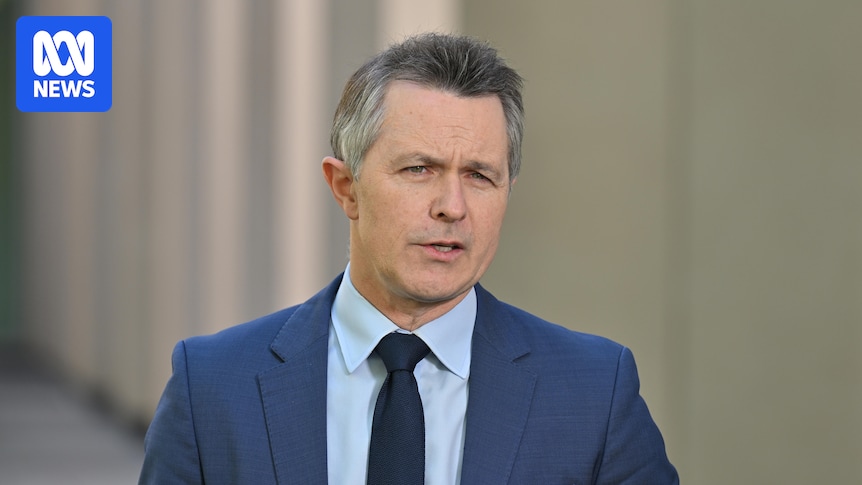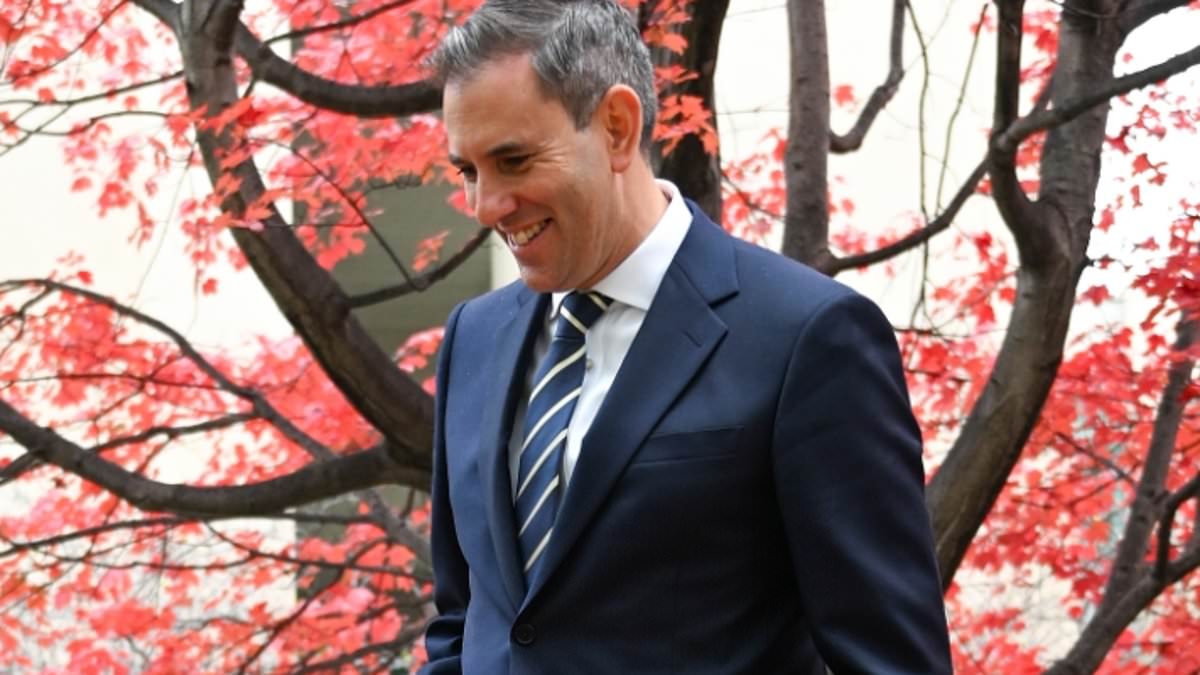
Dropout rates in public schools are on the rise, test scores are falling, and the educational divide between affluent and disadvantaged students is widening. In response, Education Minister Jason Clare has proposed the creation of a federal “Teaching and Learning Commission” to address these pressing issues. The commission aims to provide a new level of federal oversight in state-run education systems, a move that Clare believes is essential to reforming the current system.
The announcement follows a $16 billion funding agreement with states, designed to ensure that financial resources are effectively utilized and that promised reforms are implemented. Speaking at Curtin University, Clare emphasized the urgent need for change, stating, “This is the big one.” He highlighted the disparity in completion rates between public and private schools, noting a decline in public school graduation rates from 83% to 73% over the past decade.
The Current ‘Code Red’ Crisis in Australian Public Schooling
Recent NAPLAN results have underscored the severity of the situation, revealing that one in three students are not meeting minimum literacy and numeracy standards. Education analyst Glenn Fahey from the Centre for Independent Studies described the situation as a “code red,” criticizing the education system’s performance over the past two decades.
“For two decades the education system has been underperforming — poor outcomes for students, new teachers under or poorly-prepared, and an ever-growing layer of chalk-pushers piling on red tape,” Fahey said.
Fahey supports Clare’s proposal to merge four existing agencies, including the Australian Curriculum and Assessment Reporting Authority (ACARA) and the Australian Education Research Organisation (AERO), to streamline efforts and reduce bureaucratic inefficiencies. A 2023 study by AERO found that only 20% of students who fall behind in Year 3 ever catch up, highlighting the need for targeted interventions.
Funding and Reform: A New Approach
The proposed school funding agreement aims to deliver on the Gonski funding promises, targeting resources to help students who are falling behind “through no fault of their own.” Clare emphasized that the funding is tied to specific reforms, such as evidence-based teaching and early literacy and numeracy checks, to ensure that students receive the support they need.
“This funding is tied to reforms to help them catch up, keep up and help more young people finish school,” Clare said.
Fahey noted that while the merger of federal agencies could be beneficial, it is only the first step. Convincing state governments to accept increased federal involvement in education, traditionally a state responsibility, remains a significant challenge. Clare has framed the commission as an idea rather than official policy, pending approval from state education ministers.
Challenges and Reactions
Despite the potential benefits, there are concerns about whether a federal commission can effectively implement changes at the classroom level. Fahey cautioned that while the new commission might not cause harm, its success in improving outcomes is not guaranteed.
“It is unlikely the new commission will do harm but there’s also no guarantee of better outcomes. Clare will need to show that the new agency brings clarity, not just more centralisation into a bigger, blurrier bureaucracy,” Fahey said.
The proposal has received mixed reactions. The Australian Education Union welcomed the initiative but emphasized the need for teachers’ voices to be central in the development of any new policies. Federal President Correna Haythorpe stressed the importance of aligning the commission’s goals with the needs of teachers and students, particularly those with complex needs.
“We welcome a national discussion facilitated by the Minister for Education, however we seek the formal commitment from government that the voices of teachers and unions will be central to the development of any proposals going forward,” Haythorpe said.
The federal opposition has expressed willingness to collaborate with the government on the proposed reforms, emphasizing the need for urgent action to improve literacy and numeracy skills nationwide. Shadow Education Minister Senator Jonno Duniam pointed out that despite increased funding, school performance continues to decline.
“Whilst Commonwealth funding per student has more than doubled in the last two decades, school performance continues to go backwards,” Duniam said.
As the proposal awaits further discussion and approval, it signals a serious commitment from the federal government to improve educational outcomes, particularly in literacy and numeracy, and to ensure that all students have the opportunity to succeed.






